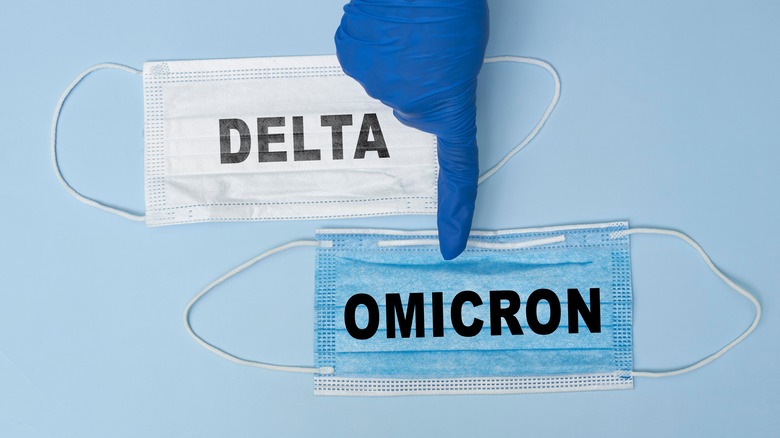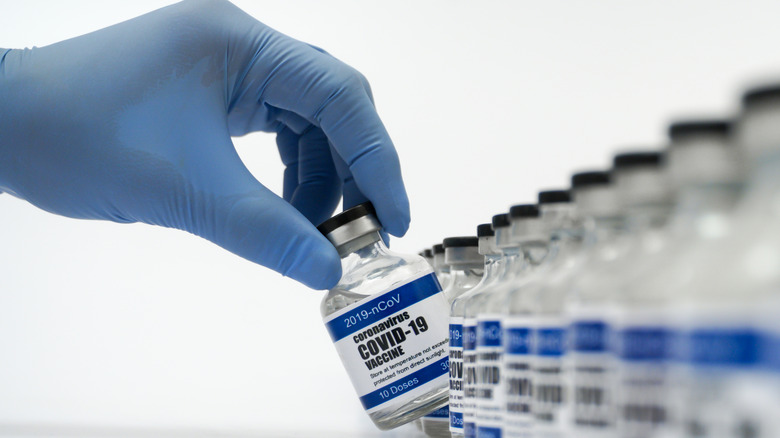Research Reveals New Details About The Reinfection Rate And The COVID-19 Omicron Variant
Throughout the duration of the COVID-19 pandemic, there has been much debate amongst the public surrounding the topic of immunity. The Centers for Disease Control and Prevention (CDC) reports that nearly 49 million COVID-19 cases have been detected thus far in the United States. Government officials have stressed the importance of protection through vaccination, but there are those that remain vaccine-hesitant. Research published in the scientific journal Frontiers in Public Health found that among those who are vaccine-hesitant, a belief in natural immunity over vaccine-induced immunity ranked high among reasons for vaccine reluctance.
While protective antibodies can be found in those previously infected with COVID-19, the CDC emphasizes that levels of natural immunity decrease over time. Although the duration of protection time is not entirely clear, experts suggest that natural immunity may only be most effective for a period of 6 months after recovery (via WebMD). Therefore, those who have contracted the virus in the past are not immune to reinfection. With the recent detection of the Omicron variant, CNN reports how new research shows reinfection may be more likely than with previous strains of the COVID-19 virus.
Research indicates that the Omicron variant may bypass natural immunity
Research conducted by experts at Stellenbosch University in South Africa was released in a preprint on December 2 that revealed the COVID-19 Omicron variant poses a significantly greater risk for reinfection than the previous strains, beta and delta.
"Contrary to our expectations and experience with the previous variants, we are now experiencing an increase in the risk of reinfection that exceeds our prior experience," Juliet Pulliam, director of the South African Centre for Epidemiological Modelling and Analysis, told CNN. Detecting over 35,000 reports of suspected reinfections in their findings, researchers also identified cases involving as many as 3 or 4 suspected instances of reinfection (via CNN).
The preprint of their findings reads, "Among the individuals who have had more than one reinfection, 47 (14.2%) experienced their third infection in November 2021, which suggests that many third infections are associated with transmission of the Omicron variant."
With the Omicron variant seemingly bypassing natural immunity, further research is still needed, as well as research regarding the strain's effect on vaccine immunity.


